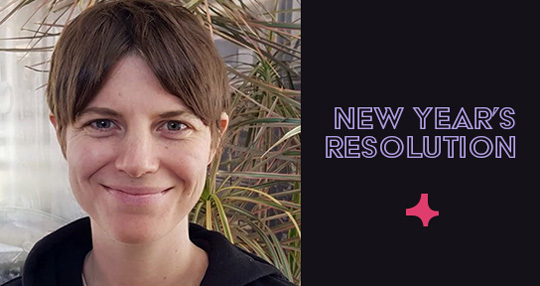Welcome to our spectacular Fall 2019 edition gathering never-before-published work from a record-breaking 36 countries, including, for the first time, Azerbaijan via our spotlight on International Microfiction. Uncontained, this issue’s theme, may refer to escape either from literal prisons—the setting of some of these pieces—or from other acts of containment: A pair of texts by Czech author Radka Denemarková and Hong Kong essayist Stuart Lee tackle the timely subject of Chinese authoritarianism. In “The Container,” Thomas Boberg performs the literary equivalent of “unboxing” so popular on YouTube these days, itemizing a list of things in a container shipped from Denmark to the Gambia—all in a withering critique of global capitalism.
The container lends itself to several metaphors but none as poignant or as on point as—you guessed it, dear Asymptote reader—the container of language itself, as suggested by London-based photographer Elizabeth Gabrielle Lee’s brilliant cover highlighting the symbolism of the humble rice grain. This commodity has, like language, been exported, exchanged, enhanced, and expressed in various forms from its various origins across the planet. Even when a state attempts to erase language, resistance remains possible, as poet Fabián Severo—the only Uruguayan writing in Portunhol, the language of the country’s frontier with Brazil—demonstrates: “This language of mine sticks out its tongue at the / dictionary,” he sings, “dances a cumbia on top of the maps / and from the school tunic and bow tie / makes a kite / that flies / loose and free through the sky.” In one of Argentine writer Sylvia Molloy’s many profound riffs on the bilingual condition, Molloy claims that “one must always be bilingual from one language, the heimlich one, if only for a moment, since heim or home can change.” READ MORE…




